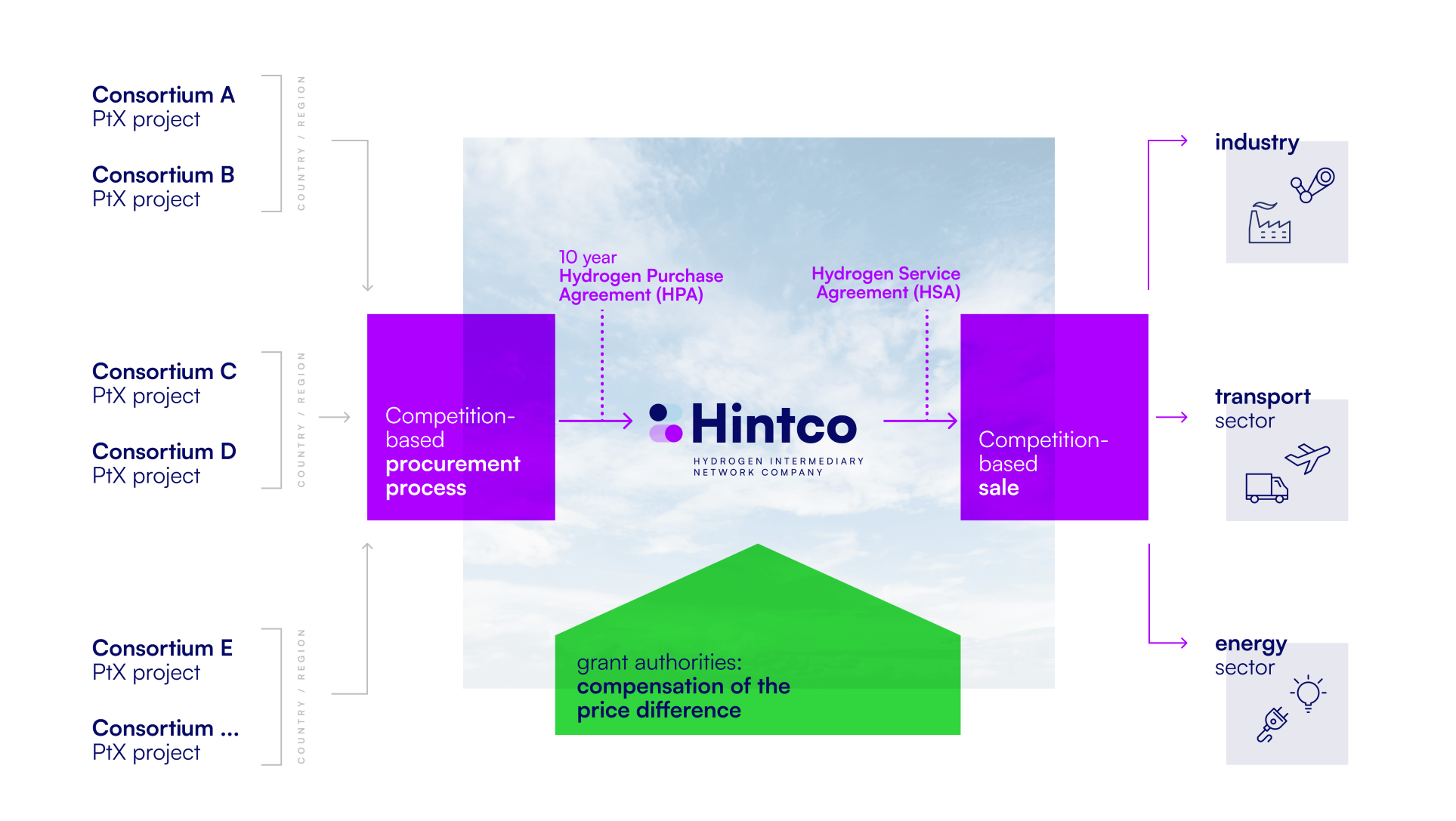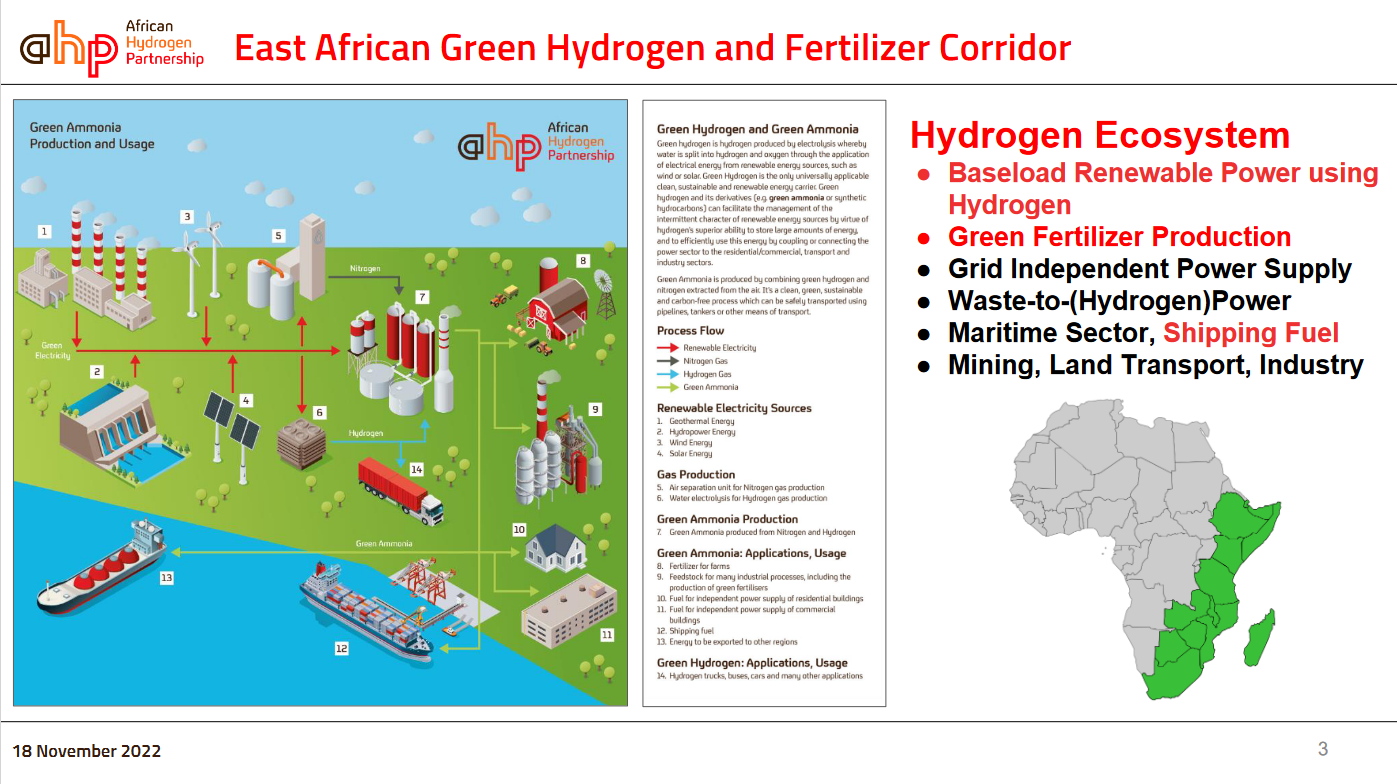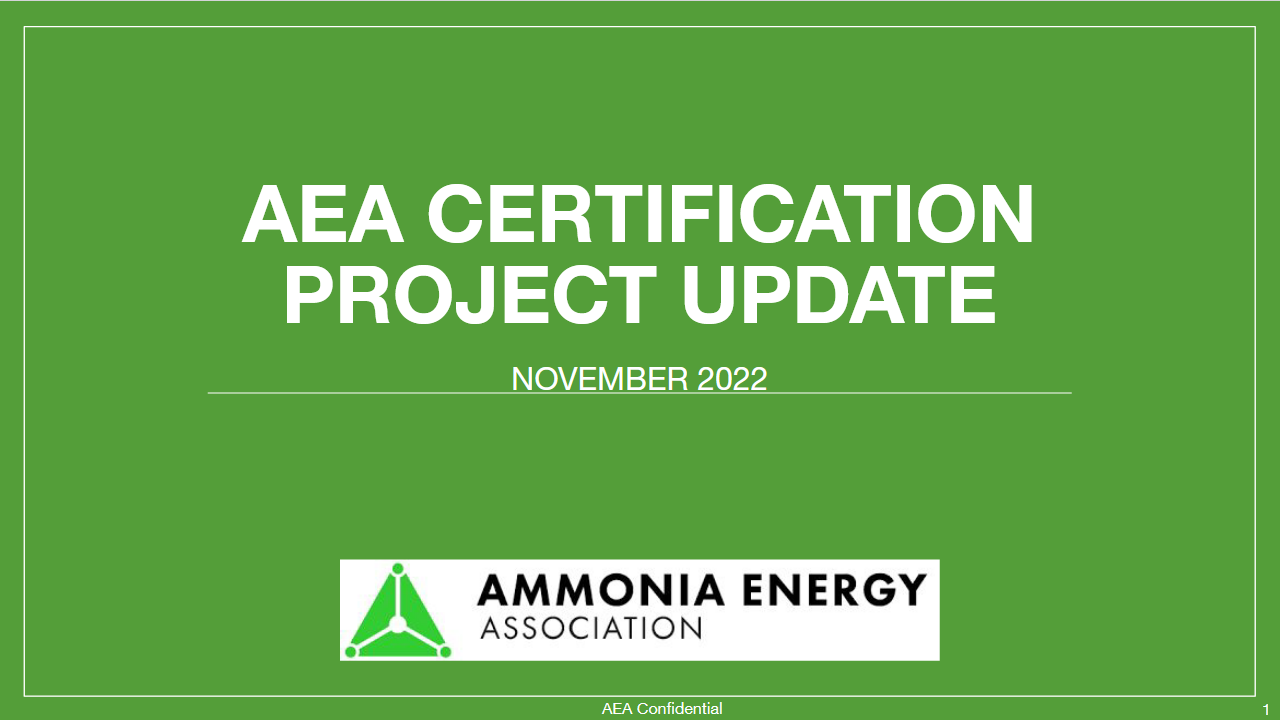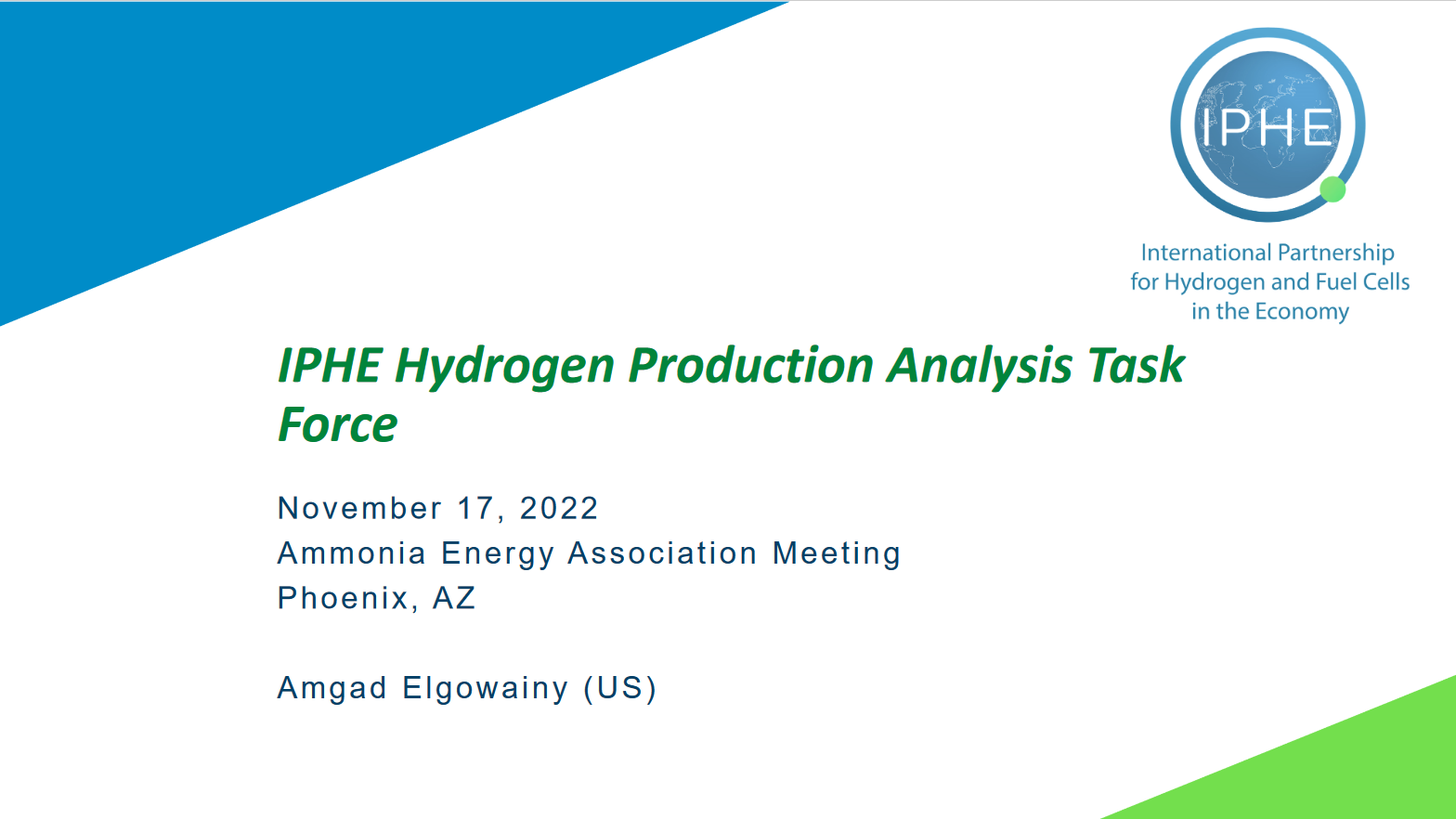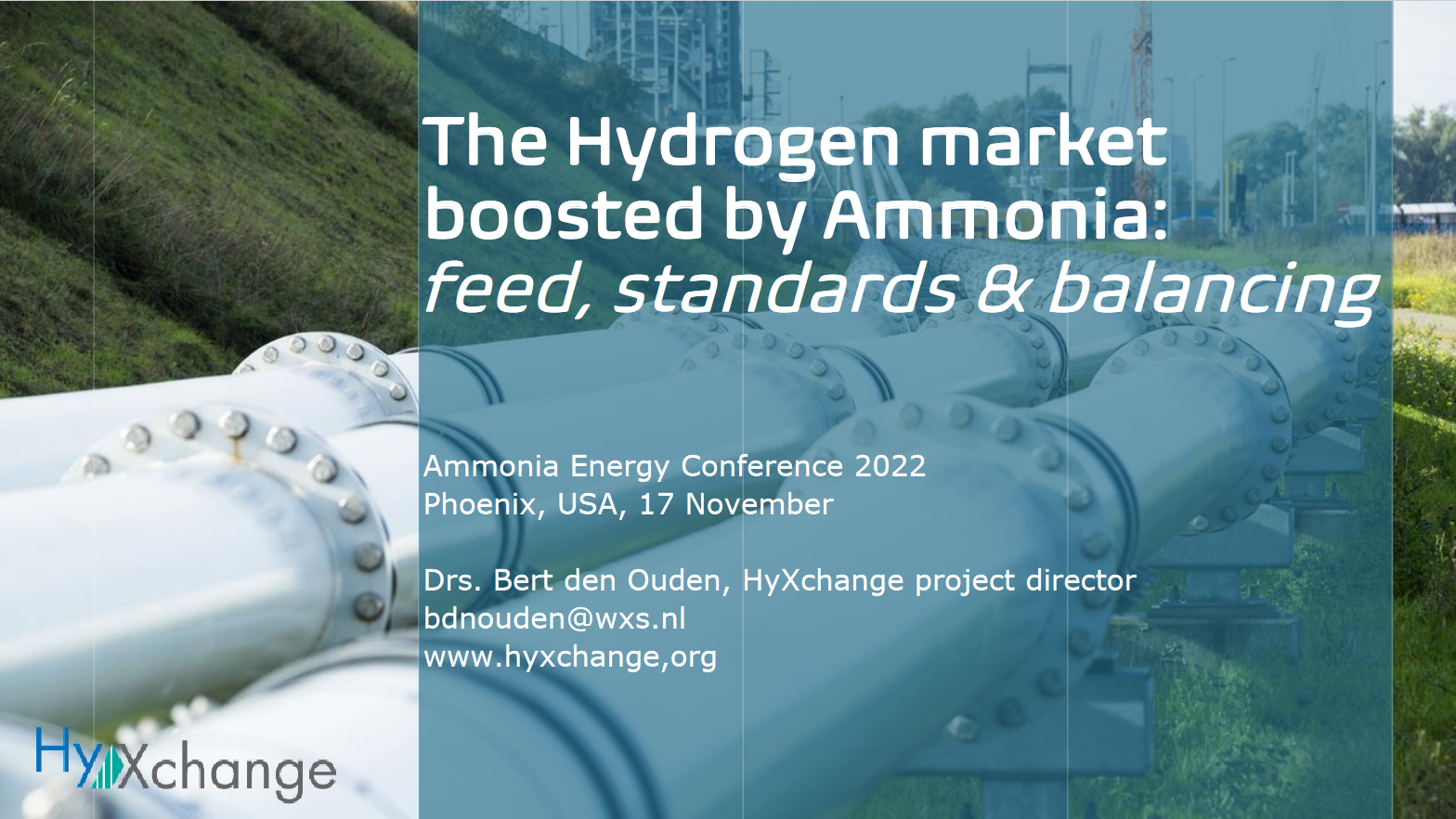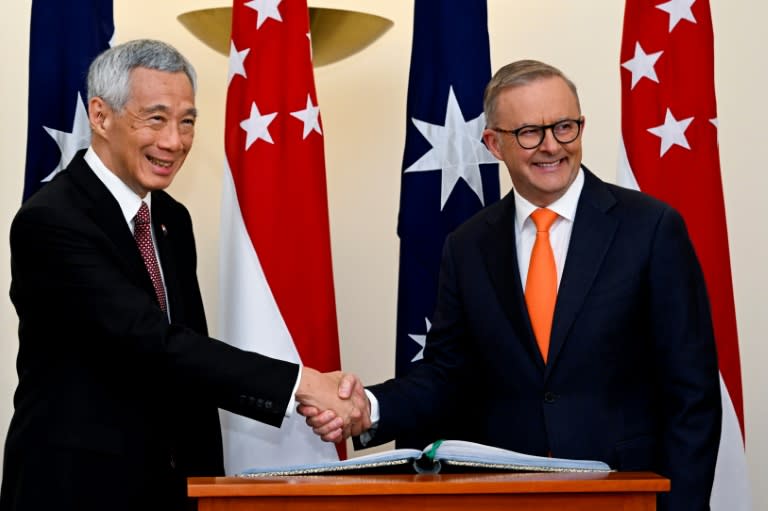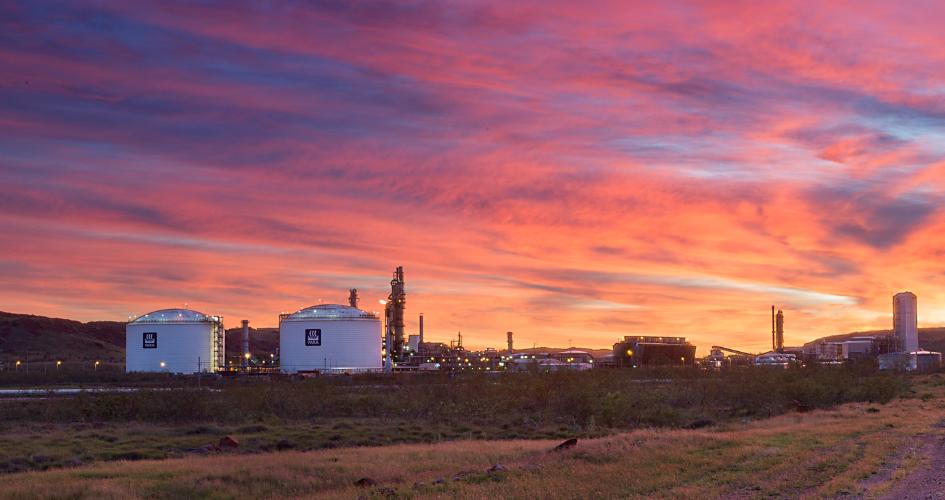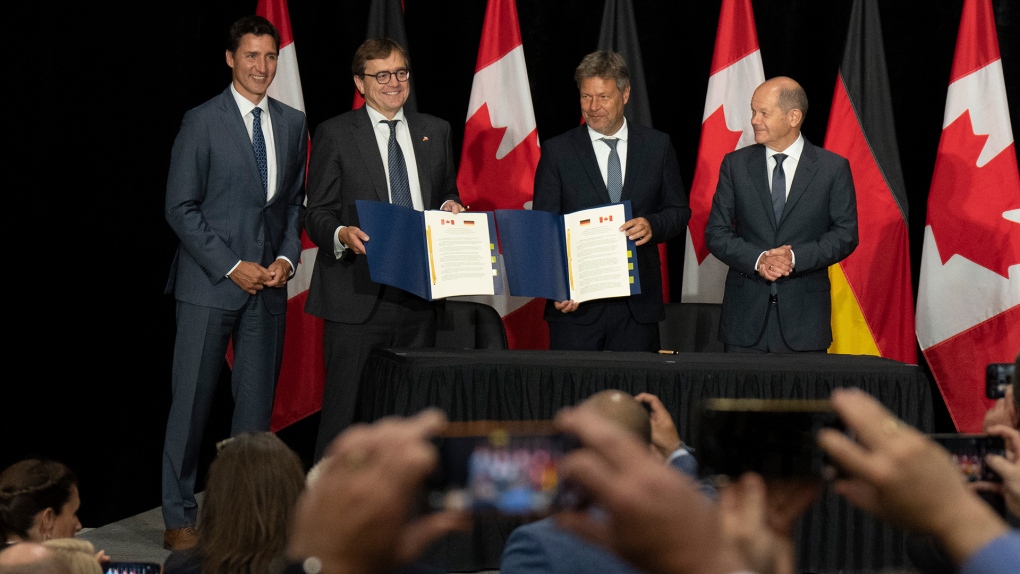H2Global launches first green ammonia tender
H2Global has launched its first tender process for the import of “green” ammonia into Europe, with a €360 million, ten year contract on offer beginning in 2024. In Germany, public gas company VNG and Total Eren will work towards ammonia imports into Rostock from 2028. VNG is already developing a significant clean production & import hub at Rostock, after an agreement with Equinor earlier this year.
